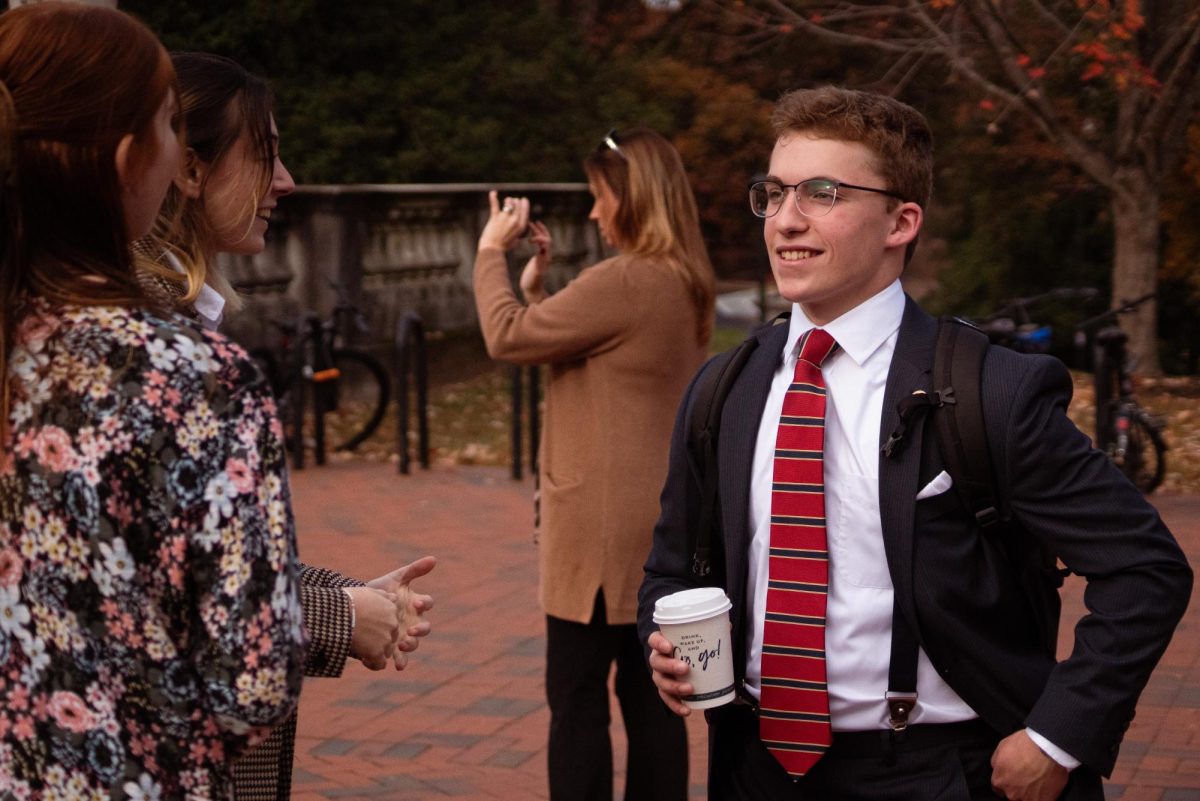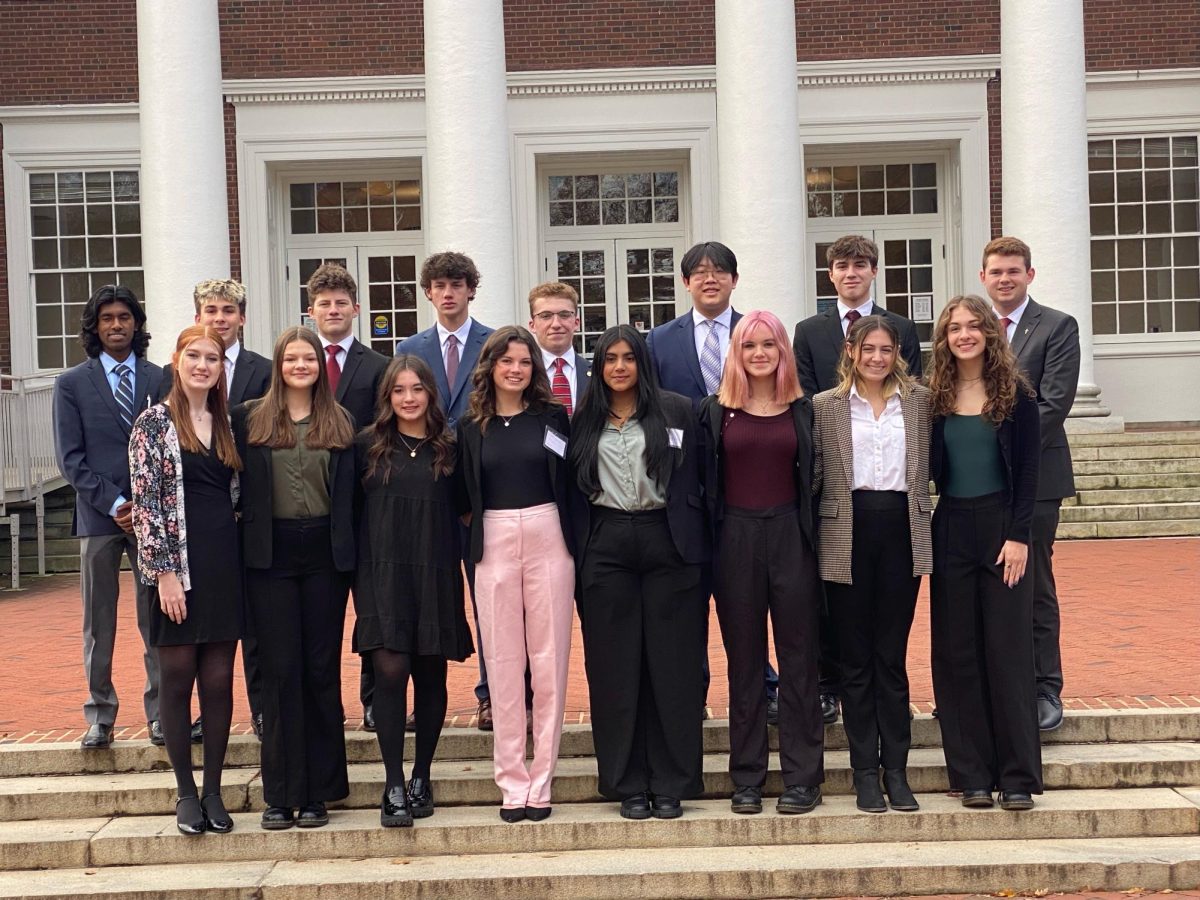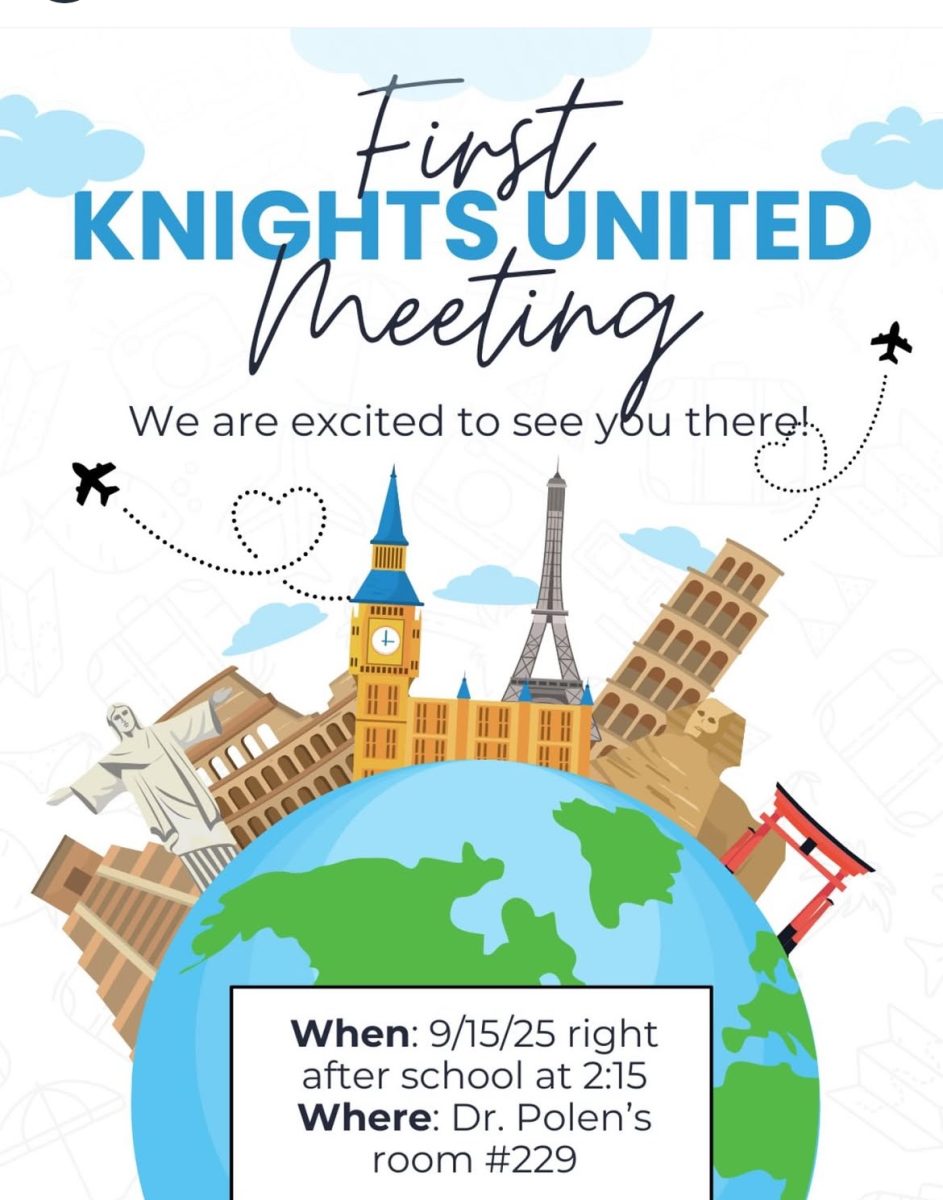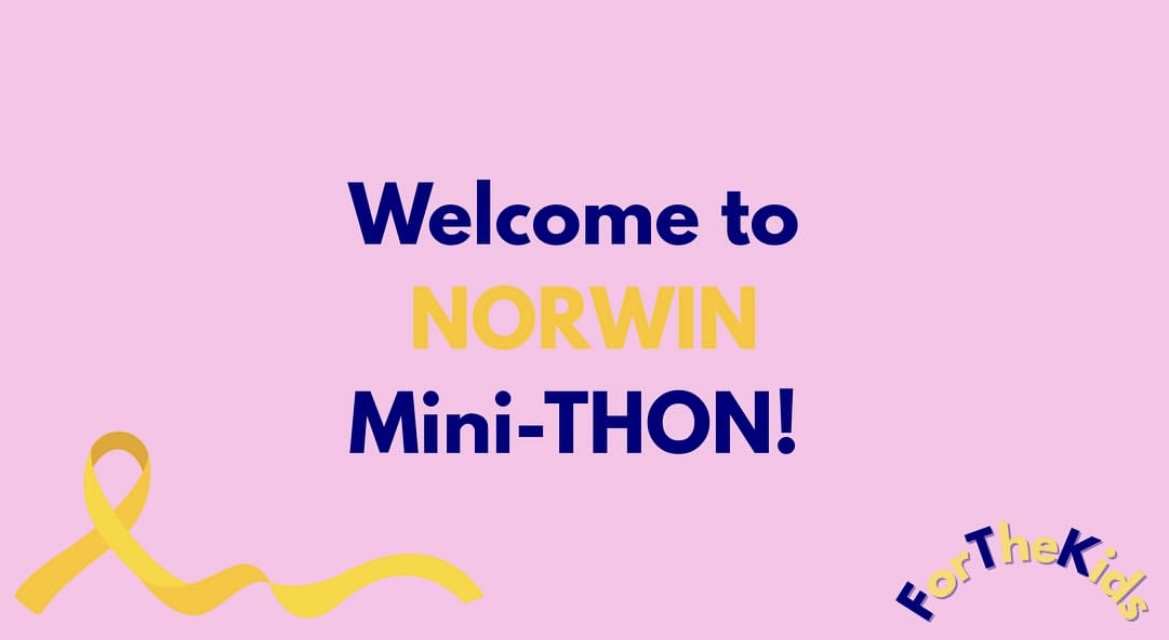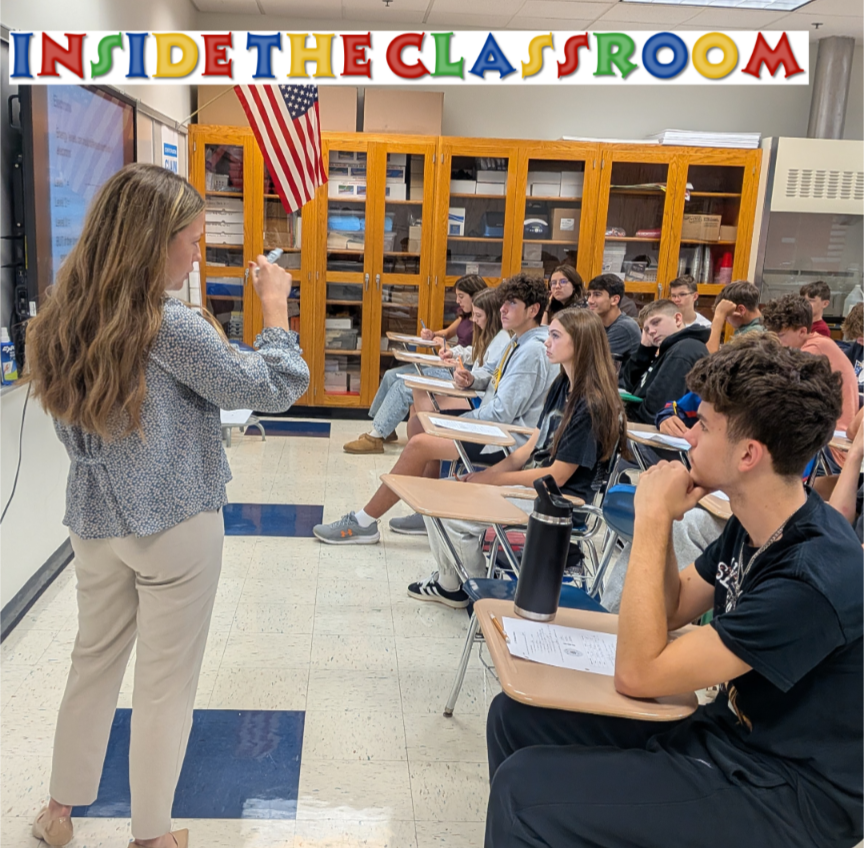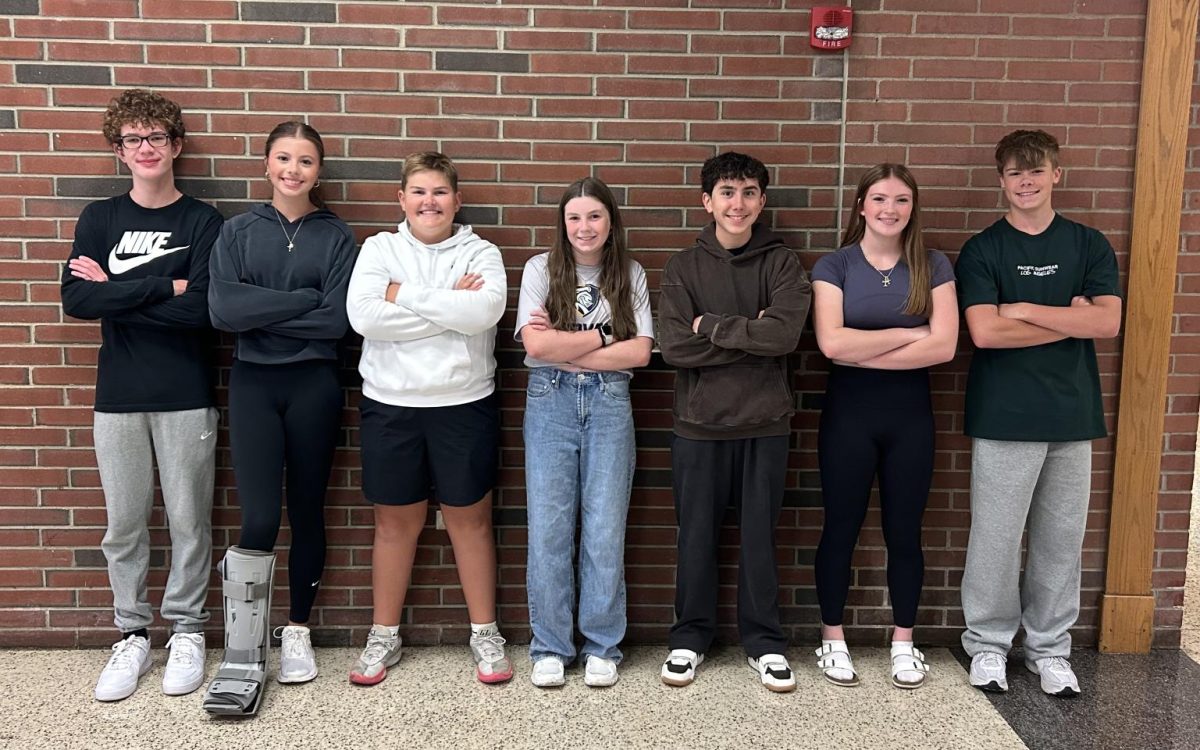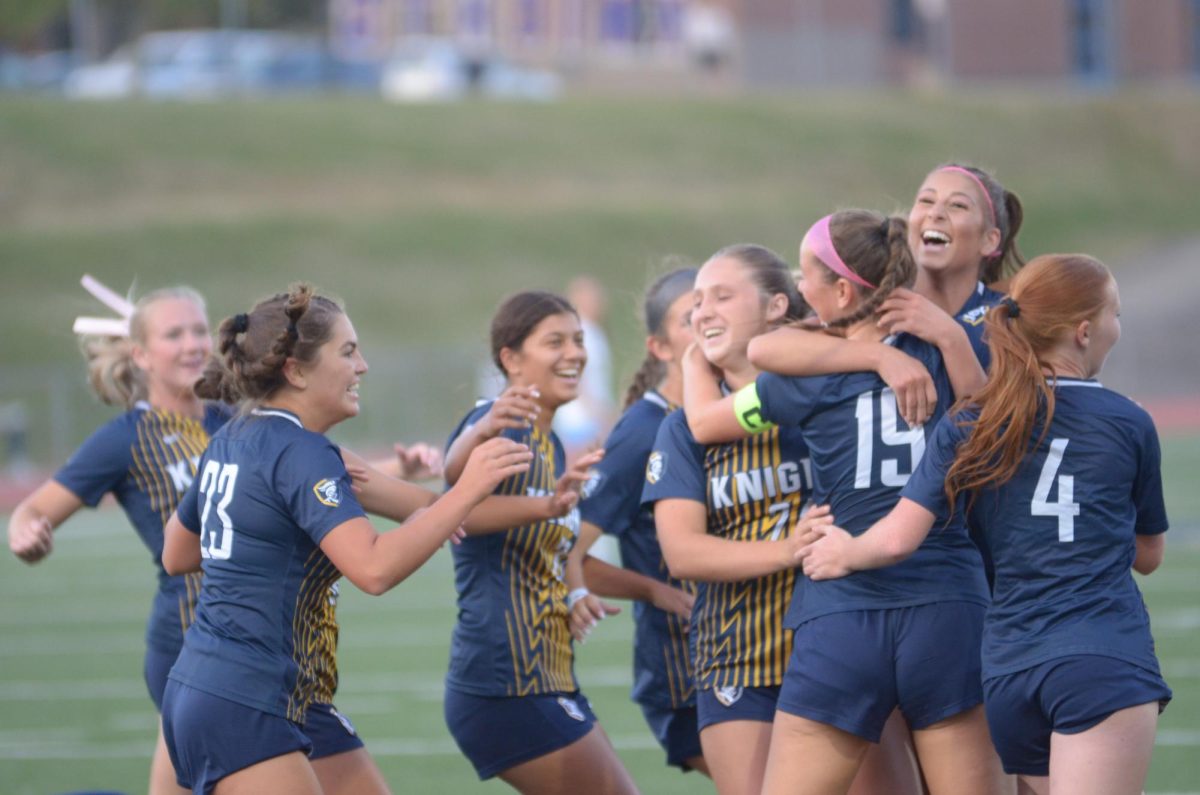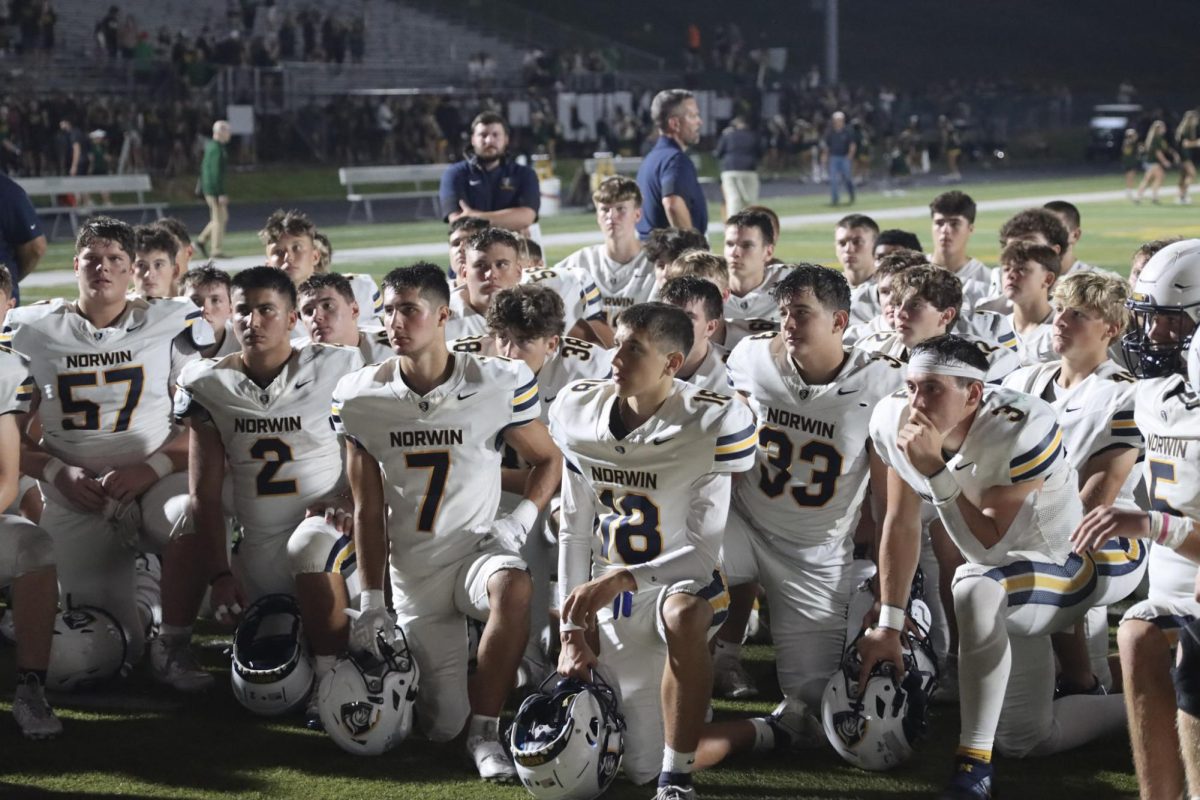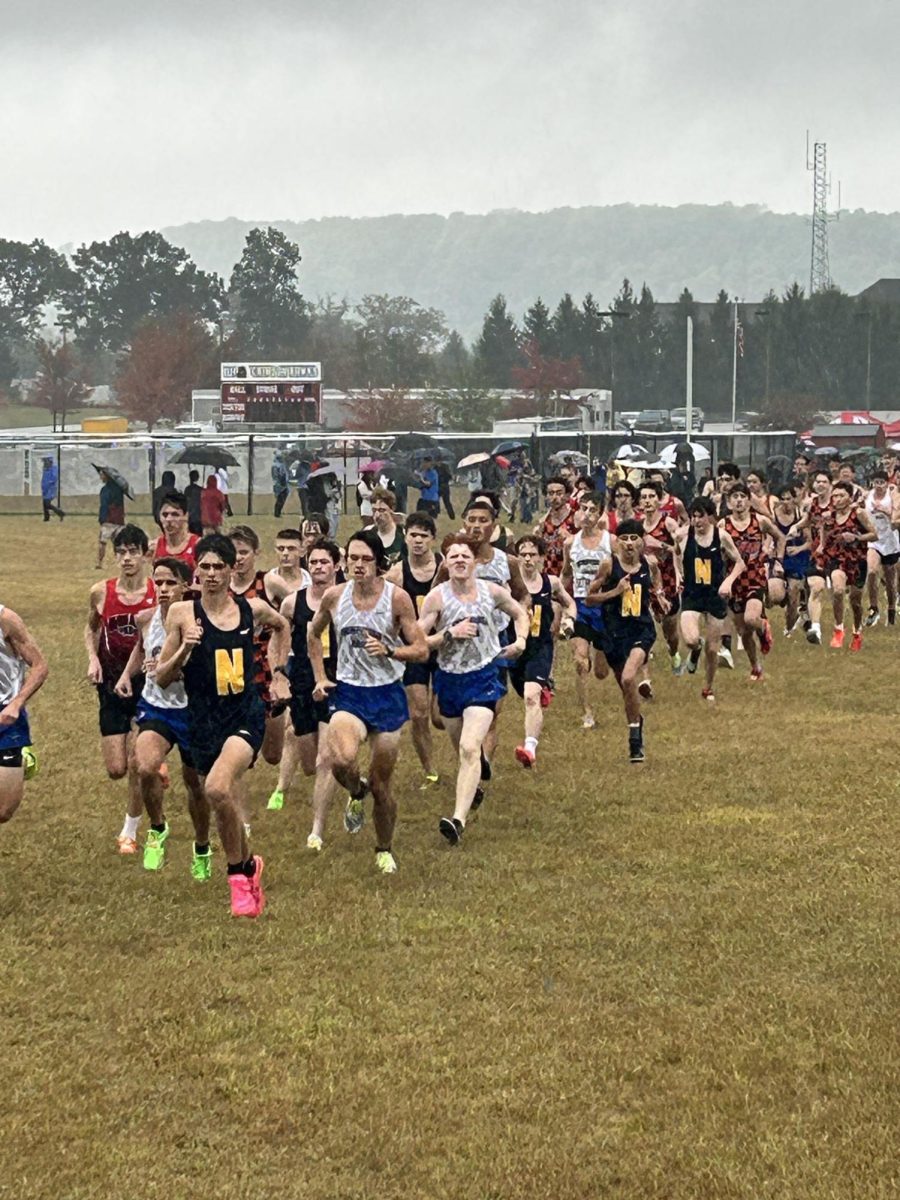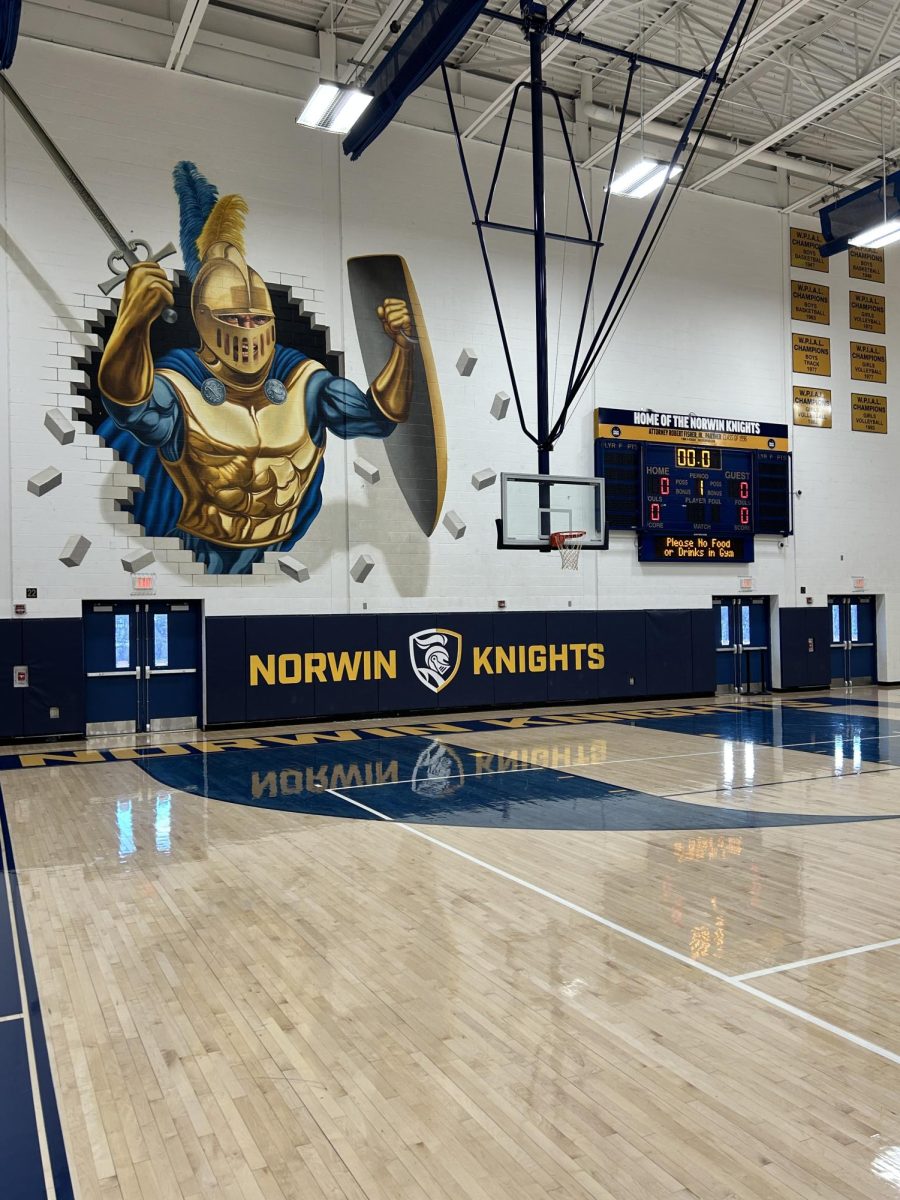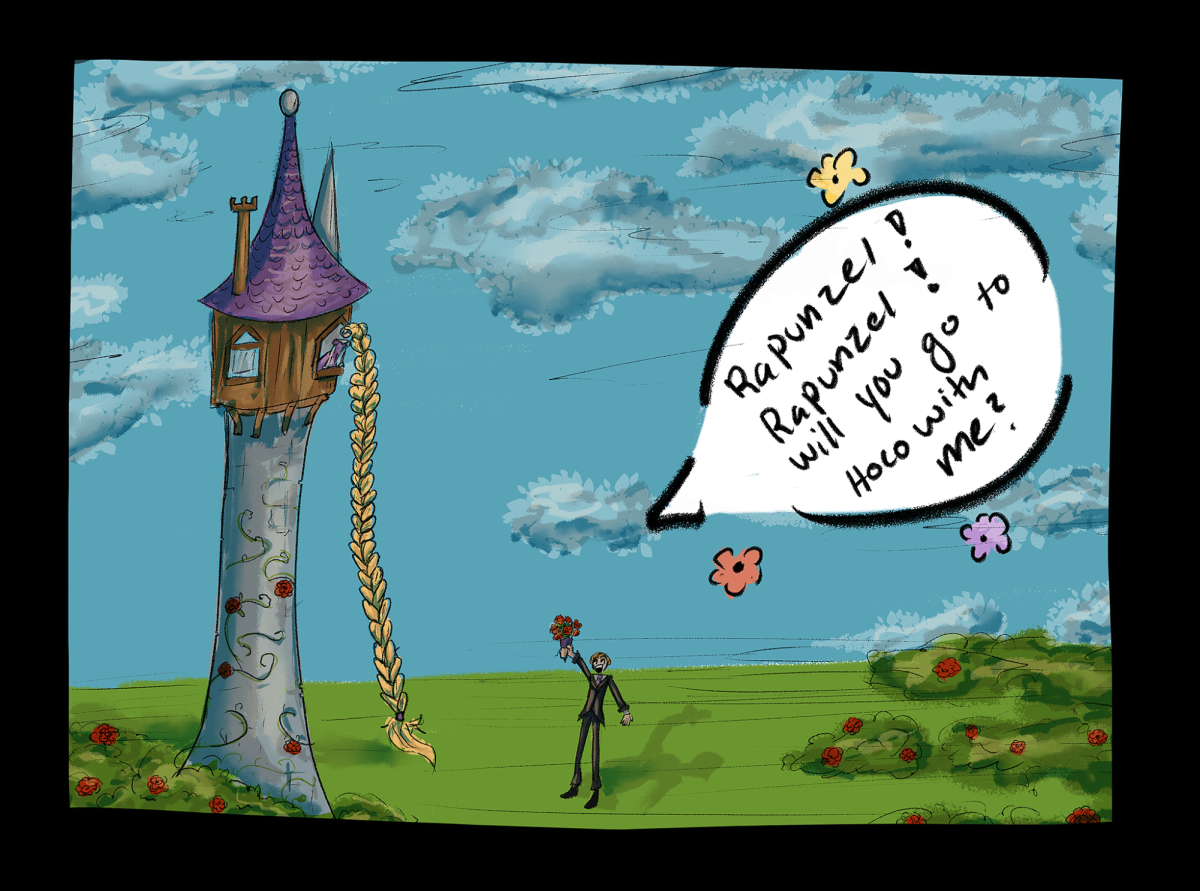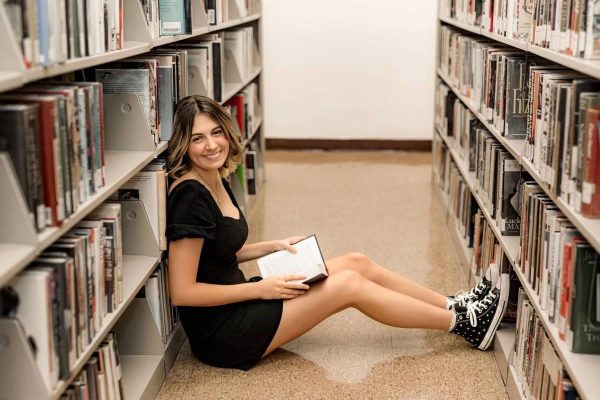From November 10th to 12th, Norwin’s Model United Nations (MUN) team competed at the University of Virginia’s annual conference for the second year in a row, and absolutely killed it. With over a 100 nationally competing students, the stakes were high, but Norwin rose to the occasion.
“I feel that the students that participated in this event did very well,” said MUN sponsor, Larissa Sturm. “There was some pretty intense competition this year that did not exist last year. With that being said, I believe that all of the students rose to the challenge and did their best. I always want the students to win but want them to have a great experience also. I feel like that occurred this year.”
Still, despite their tenacity, the UVA competition was not a walk in the park. Over the last year, Norwin’s team has grown in spades, and with that growth comes new challenges for the club to face.
“Over the last year, Model UN has grown exponentially and many more students want to compete at different travel conferences in the area which is awesome! Last year, only 8 students competed at UVA,” said Sturm. “This year there were 16 which means that we are no longer competing with small school delegations but large school delegations including Langley and American Heritage which makes it more difficult to place.”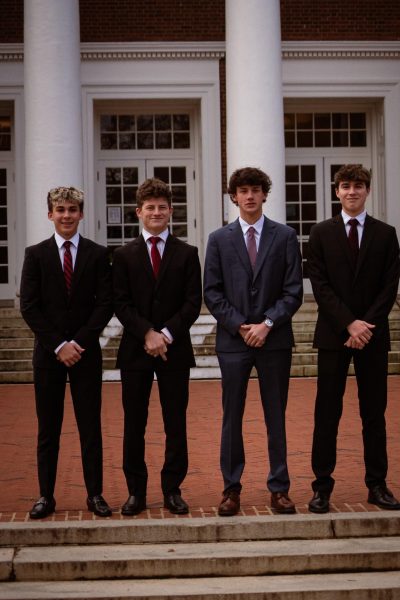
Even with their newfound challenges in placing, Norwin still took home four awards by the end of the conference, nothing to turn your nose up at. Each delegation faced different global issues, and needed to think big to find appropriate solutions.
This was exemplary in MUN Vice-President, Molly Geissler’s committee, which focused on the UN’s healthcare sector, particularly involving A.I. technology for the future. Balancing the immediate, dire medical needs of the world with a still evolving technological solutions all in a Crisis style committee, the room had intense action and was moving fast.
“My room passed resolutions on a directive standpoint rather than a working paper standpoint, and we passed 12 of them,” said Geissler. “This is a very high number that you wouldn’t see in a typical GA, but in a crisis/spec committee, you can write directives at any point and not just in unmoderated caucuses. I sponsored 8 of the 12 papers.”
Despite the fast pace of the room and various challenges, Geissler succeeded to the fullest extent.
“Honestly, I’m surprised I came out of the conference with the title of Best Delegate as this is not a topic I’m necessarily well educated in,” said Geissler. “I’m much more of a humanities based thinker rather than a STEM thinker, but I put a lot of research into my topic and believe my awards mostly came from my ability to apply my research in my debate as well as my collaboration with other delegates.”
In addition to Geissler’s Best Delegate award, senior Andrew Brown won Honorable Mention (third place) in his Crisis committee. The room grappled with the socioeconomics of Egypt’s Armara period.
“In total, I’m sure my room passed more than twenty papers,” said Brown. “Our committee was running at the speed of light and we were churning out multiple papers at a time. I spearheaded a few papers focusing on a direct response to the crisis as well as ways to reframe Egypt’s government into an oligarchy based on the court of viziers to the pharaoh.”
Brown’s committee was much more aggressive than others, with complex “front room” and “back room” style debate that allowed delegates to work in the public, as well as private, sectors of the room. This made the entire committee room increasingly more difficult to navigate, as no delegate could be sure who was their true ally. Brown, however, embraced all of this difficulty and took it in stride.
“I feel that I found success in my ability to be a level-headed, diplomatic member of committee,” said Brown. “Too many other delegates are focused on pushing through their own agendas and are unwilling to compromise. My role as a middleman and compromiser serves me well in heated debate. As I continue to be a strong yet reasonable delegate, I find that others are more willing to vote for me than if I was too aggressive. I tend to show my aggression in backroom where other delegates can’t see what I’m scheming.”
Outside of Geissler and Brown’s victories, President, Rex Wu, received a verbal recognition (a fourth place award) and delegate-duo junior, Ella Kelly, and Secretary, Paige Tokay won an Honorable Mention as a double-delegation (or two person team).
Beyond Norwin’s competition victories, the experience at UVA was not one to be forgotten anytime soon. The atmosphere, the time on campus, the different schools and people the club members met— they all worked in tandem to make a near-perfect weekend.
“I had a great experience at UVA this year,” said Geissler. “The conference was very well run and my committee was amazing. My chairs were so knowledgeable and our topics of debate were incredibly interesting.”
“UVA is always an incredible place to be this time of year,” said Brown. “The fall colors are spectacular and the campus is incredible. There is great energy on campus, especially for an academic event such as Model UN.”
University of Virginia’s conference may be finished with great success, but MUN is nowhere near done for the year. With a conference at American University in February, the Mock Trial competition coming up soon, and plenty of local competitions in between, Norwin’s Model UN team is busier than ever. With so many options for future conferences comes new opportunities for anyone at Norwin who is considering joining the MUM club.
“Anybody considering joining MUN should 100% go for it,” said Geissler. “I’ve been introduced to so many new types of people— different cultures, different lifestyles and so many different perspectives on ideas that I would never have been exposed to if I didn’t join MUN. Aside from the amazing times I’ve had on trips and the friends I’ve made, I’ve learned so much about the world around me as well as diplomacy that anybody could benefit from.”


